
When You’re Not Being Heard
It is frustrating when you aren’t being heard in a relationship. Thankfully, we have options on how to handle this situation.

It is frustrating when you aren’t being heard in a relationship. Thankfully, we have options on how to handle this situation.

We all have down cycles, so why don’t we plan for them? Future care is about simple steps we can take when we are well to make our next down cycle easier.

Setting healthy relationship boundaries can be scary and intimidating. Yet, they are a crucial component of healthy relationships.

Taking time for ourselves may feel selfish, but planning pleasant activities is a vital part of our self-care plan. All you need is five minutes!

When the inner critic who lives in our head speaks up, it can feel impossible to silence it. Here are some solid tips for shutting it down.

Experts tell us that social media impacts our mental health negatively, but I have a different experience. Here’s what I do to make social media support me.
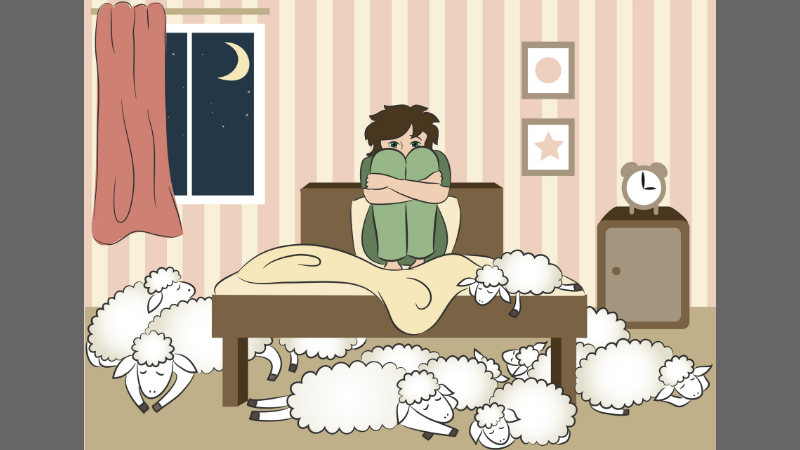
Getting quality sleep is vital to our well being and especially for our mental health. Sleep hygiene plays a large role in getting quality sleep.
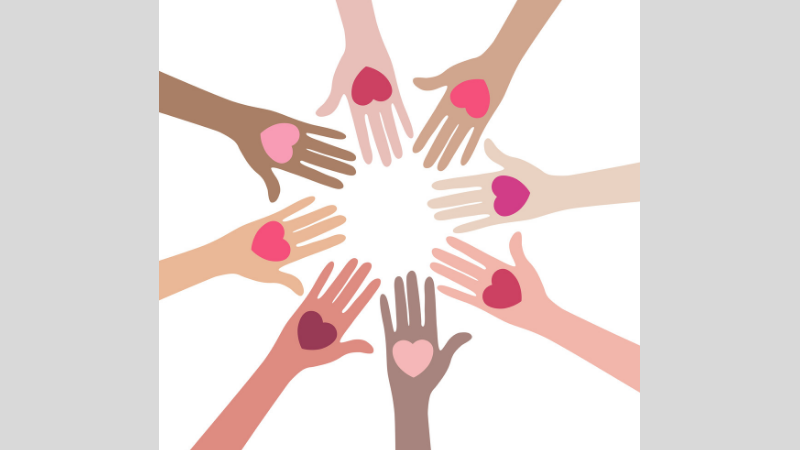
In a recent depression, my friends found ways to give me amazing depression support. Here are simple things they did for me, and a few they didn’t.

When we think of depression, we often think of it in generic terms. The reality is that depression is multi-faceted, and there are many types of depression.
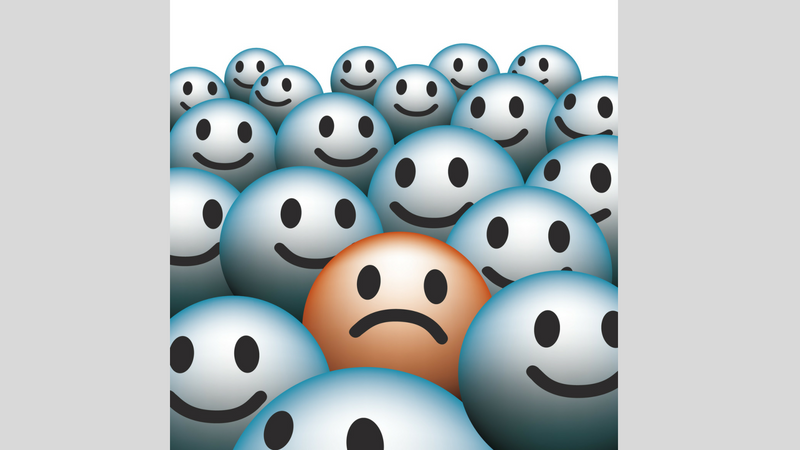
“It’s probably just me” translates to a more powerful phrase: “I’m all alone.” This is the evil that hides in mental illness.

How does the desire to express empathy manifest in our time of need? With the phrase “at least.” Intended to comfort, instead, it deepens our pain.

I married unexpectedly well. One of the reasons our relationship works so well is that I learned a valuable lesson from my parents: Love is a verb, not a noun.
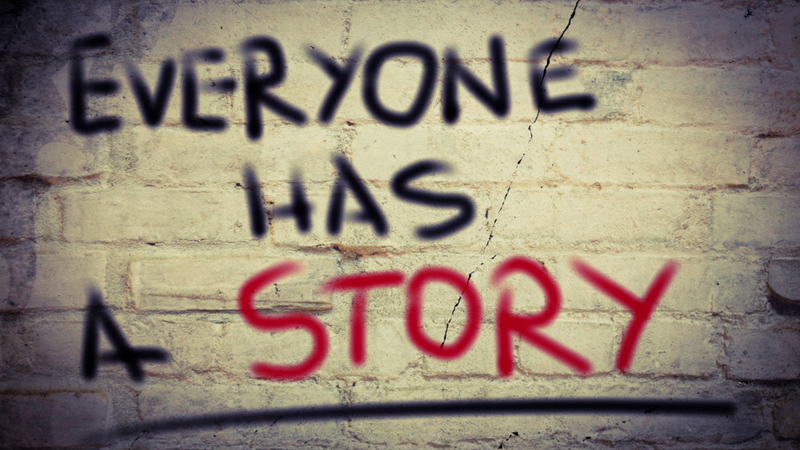
While taking emotional health classes, one of the phrases I would hear time and again was “Does the story fit the facts?” The reality is that we rarely see situations objectively, whether it’s due to viewpoint, confusion, or past experiences coloring our current situation.
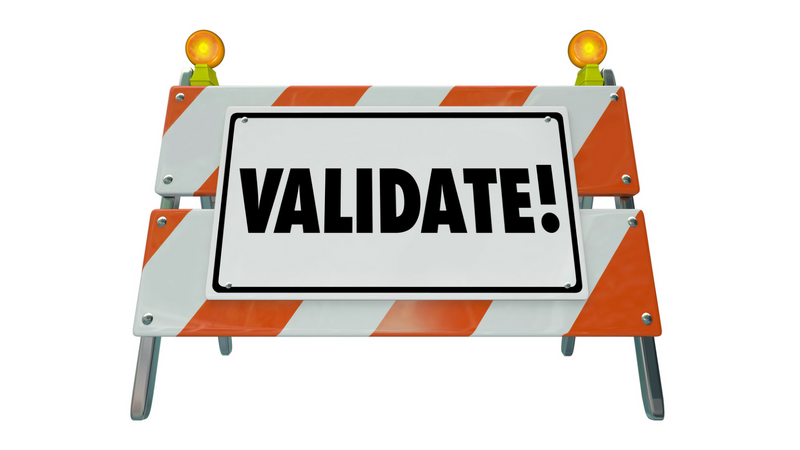
This is what self-validating is genuinely about: Acknowledging that the feelings we have are real and that they belong in the situation.

What do you do when the person who is responsible for caring for you…doesn’t? How do you learn to validate your experiences?

Doing the hard work of mental health recovery helps us do more than gain resiliency. It helps us build a better life. A life worth living.

It can be easy to fall back on our symptoms and use them as an excuse for our behavior. Yet, it is our responsibility to manage those symptoms.
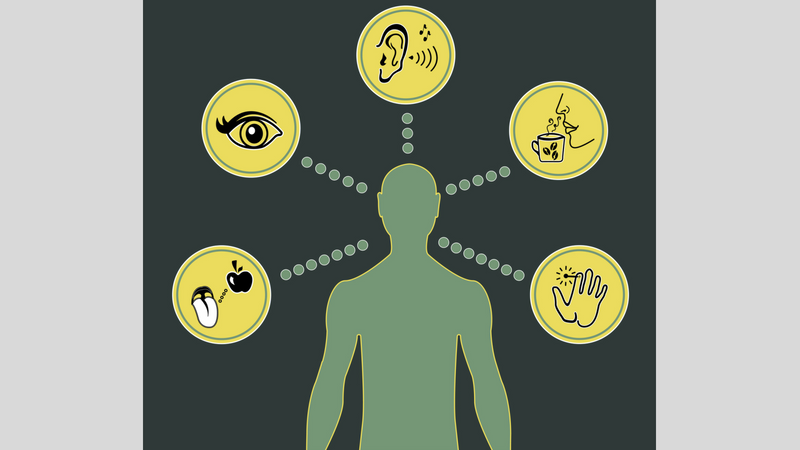
When we hit a crisis, it’s awful. Our ability to respond normally is lost to us. Thankfully, we have options to self-soothe ourselves.

We primarily have two mindsets: Reasonable Mind and Emotion Mind. Finding the balance between these two results in the third, ideal mindset: Wise Mind.

Too often, we think of accepting help as a sign of weakness. In reality, knowing when and how to accept help from our network is a sign of strength.